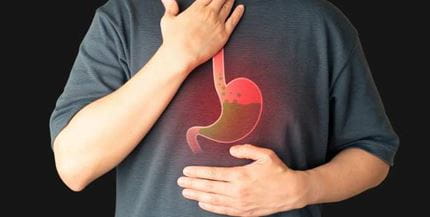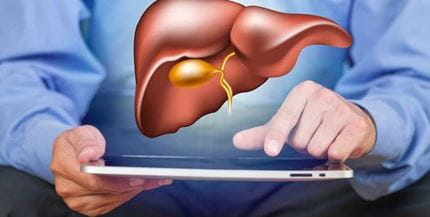Password Reset
Forgot your password? Enter the email address you used to create your account to initiate a password reset.
Forgot your password? Enter the email address you used to create your account to initiate a password reset.
In this issue of GI Digest, specialists discuss Nutrition Options in Short-Bowel Syndrome, Gastric Carcinoids with Duodenal Ulcers, Living Donor Liver Transplant (LDLT), and the Pittsburgh Gut Club.
Educational objectives:
Upon completion of this activity, participants should be able to:
Reading Resources:
Disclosures:
Dr. Binion reports grants and research support from Janssen Biotech, Merck, and UCB Pharma, and he also serves as a consultant for Janssen Biotech, AbbVie, UCB Pharma, and Synthetic Biologics. All other contributing authors and editors of this publication report no relationships with any entities producing health care goods and services.
All presenters disclosure of relevant financial relationships with any entity producing, marketing, re-selling, or distributing health care goods or services, used on, or consumed by, patients is listed above. No other planners, members of the planning committee, speakers, presenters, authors, content reviewers and/or anyone else in a position to control the content of this education activity have relevant financial relationships to disclose.
Accreditation Statement:
The University of Pittsburgh School of Medicine is accredited by the Accreditation Council for Continuing Medical Education (ACCME) to provide continuing medical education for physicians.
The University of Pittsburgh School of Medicine designates this enduring material for a maximum of .5 AMA PRA Category 1 Credits™. Each physician should only claim credit commensurate with the extent of their participation in the activity. Other health care professionals are awarded (0.05) continuing education units (CEU) which are equivalent to .5 contact hour.
For your credit transcript, please access our website 4 weeks post-completion at http://ccehs.upmc.edu and follow the link to the Credit Transcript page. If you do not provide the last 5 digits of your SSN on the next page you will not be able to access a CME credit transcript. Providing your SSN is voluntary.
Release Date: 3/3/2017 | Last Modified On: 3/3/2017 | Expires: 3/5/2017


